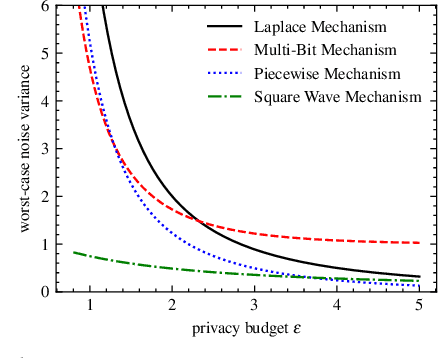Zening Li
OpenFGL: A Comprehensive Benchmarks for Federated Graph Learning
Aug 29, 2024Abstract:Federated graph learning (FGL) has emerged as a promising distributed training paradigm for graph neural networks across multiple local systems without direct data sharing. This approach is particularly beneficial in privacy-sensitive scenarios and offers a new perspective on addressing scalability challenges in large-scale graph learning. Despite the proliferation of FGL, the diverse motivations from practical applications, spanning various research backgrounds and experimental settings, pose a significant challenge to fair evaluation. To fill this gap, we propose OpenFGL, a unified benchmark designed for the primary FGL scenarios: Graph-FL and Subgraph-FL. Specifically, OpenFGL includes 38 graph datasets from 16 application domains, 8 federated data simulation strategies that emphasize graph properties, and 5 graph-based downstream tasks. Additionally, it offers 18 recently proposed SOTA FGL algorithms through a user-friendly API, enabling a thorough comparison and comprehensive evaluation of their effectiveness, robustness, and efficiency. Empirical results demonstrate the ability of FGL while also revealing its potential limitations, offering valuable insights for future exploration in this thriving field.
Locally Differentially Private Graph Embedding
Oct 17, 2023



Abstract:Graph embedding has been demonstrated to be a powerful tool for learning latent representations for nodes in a graph. However, despite its superior performance in various graph-based machine learning tasks, learning over graphs can raise significant privacy concerns when graph data involves sensitive information. To address this, in this paper, we investigate the problem of developing graph embedding algorithms that satisfy local differential privacy (LDP). We propose LDP-GE, a novel privacy-preserving graph embedding framework, to protect the privacy of node data. Specifically, we propose an LDP mechanism to obfuscate node data and adopt personalized PageRank as the proximity measure to learn node representations. Then, we theoretically analyze the privacy guarantees and utility of the LDP-GE framework. Extensive experiments conducted over several real-world graph datasets demonstrate that LDP-GE achieves favorable privacy-utility trade-offs and significantly outperforms existing approaches in both node classification and link prediction tasks.
 Add to Chrome
Add to Chrome Add to Firefox
Add to Firefox Add to Edge
Add to Edge